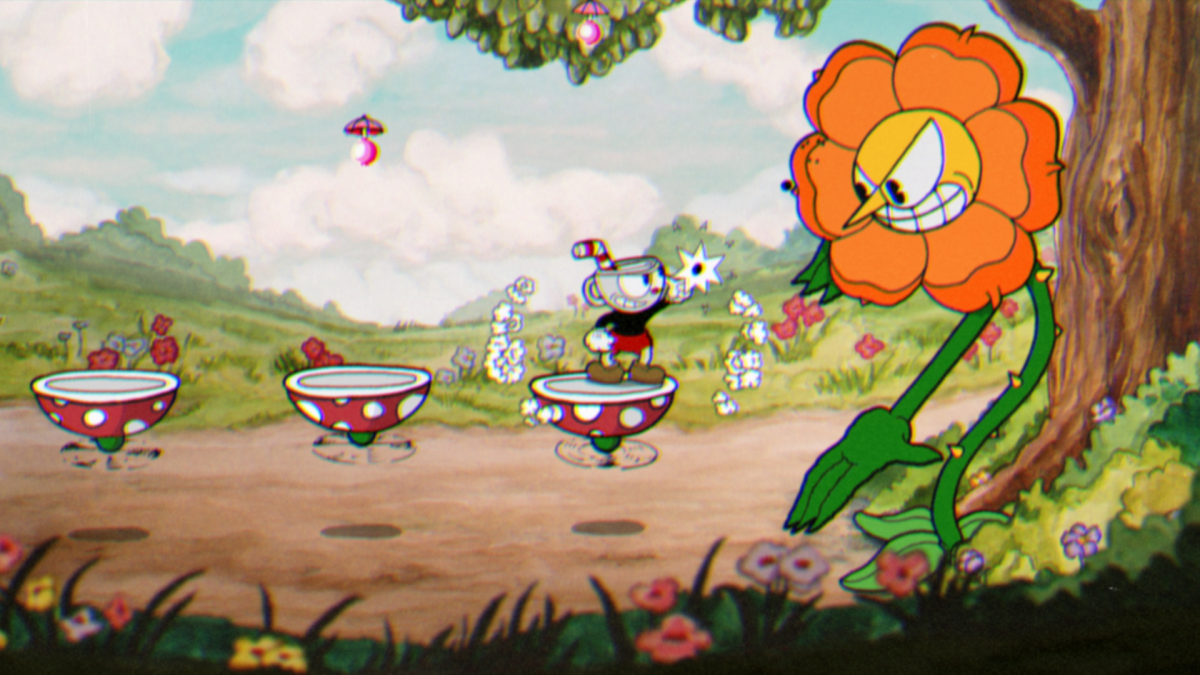Despite an influx of controversy beginning with the release of the 1978 title “Space Invaders”, video games have become one of the most popular forms of digital media since the 1980s. Many video games feature several forms of representational art qualities, such as detailed visuals, dynamic story-telling and powerful music. When combined with the complex programming used to create these masterpieces, game development truly combines the “best of both worlds” in the disciplines of art and computer science. Unlike traditional art forms, the player is no longer a mere observer of the artist’s intentions but instead is able to experience the creation in an immersive and unique way.
However, much like cinema and other forms of digital media, video games are not immune to the exploitative actions of large companies hoping to make a profit. Large gaming corporations, such as Ubisoft and Activision, drain their developers of any trace of artistic expression as seen by the frequent release of repetitive and unimaginative titles like “FIFA” and “Call of Duty.” Websites like Steam, a digital video game distribution service that houses over 50,000 original titles, have made an effort to combat these large corporations and preserve the creative potential of this medium. Indie games, or games created by a sole developer or small company, are among some of the best-selling titles on Steam. Indie game development allows for full creative freedom, as these developers are not concerned with the profits of the gaming industry and are unrestricted by a previous title’s precedent.
Despite becoming one of the most popular games of the late 2000s, many tried-and-true gamers are unaware that “Minecraft”, a three-dimensional sandbox game in which players place and break various kinds of blocks, originated as an indie title. Although the rights to “Minecraft” were later purchased by Microsoft, it is unlikely that the quality and simplicity of this game would have remained past alpha testing had it been produced by a large corporation.

Though the future of game development remains uncertain, it is likely that indie games will continue to dominate the market. Despite indie games lacking a competitive edge and established titles, they are able to compensate with captivating narratives and advanced playstyles. As game development software becomes more accessible and inexpensive, even more indie titles will begin flooding the market. With the advancement of gaming technology, gamers will soon have an influx of new, exciting content that further showcases the creative capabilities of indie game developers.






































